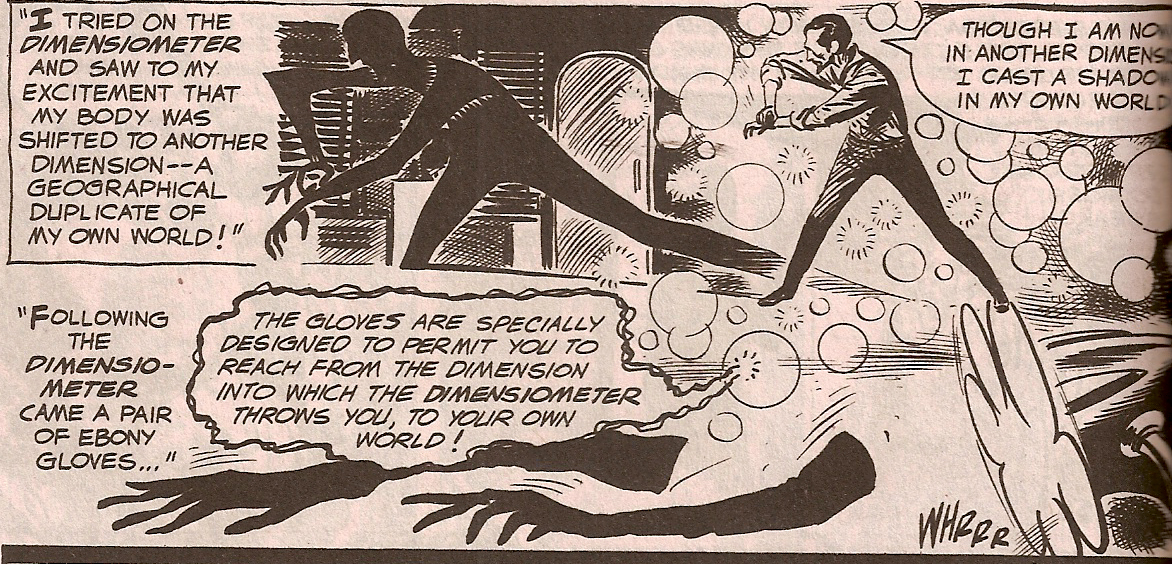Good Comic, Bad Movie: From Hell
/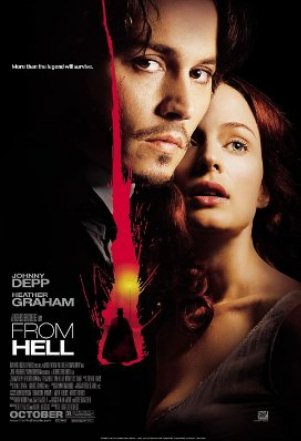 I'm kicking off a new regular feature here at Living Between Wendnesdays, where we watch and review the painful adaptations of your favourite comics. Sometimes it might be more like, Good Comic, Pretty Good Movie (Ghost World), or Terrible Comic, Awesome Movie (The Spirit...kidding!).
I'm kicking off a new regular feature here at Living Between Wendnesdays, where we watch and review the painful adaptations of your favourite comics. Sometimes it might be more like, Good Comic, Pretty Good Movie (Ghost World), or Terrible Comic, Awesome Movie (The Spirit...kidding!).
I'm starting with an Alan Moore book, since those are the smoothest and most faithful comic adaptations there are...NOT! (Yup, I'm bringing that back.) It's old news that Moore hates all the film adaptations of his books and they are the most whined about, refuted, debated and delayed comic movies around.
I actually think From Hell might be a pretty tolerable film on its own, but having just read the comic for the first time, I wanted to punch this movie in the nuts while wearing giant silver rings on every finger.
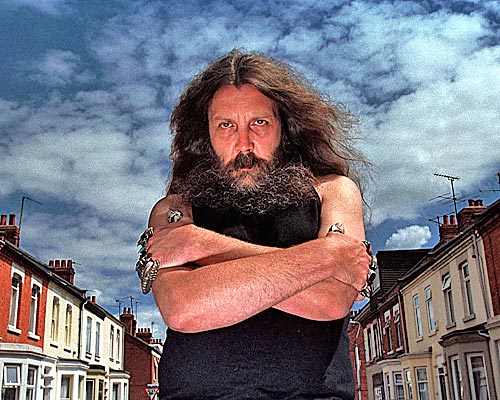 Like most adaptations, From Hell is just skimming the surface. Johnny Depp stars as vision-having, opium-smoking Inspector Abberline, who is a sort of mish-mash of the comic's Inspector Abberline and the psychic Robert Less. Heather Graham is Mary Kelly, the only prostitute in Victorian London who looks like she just spent a week at a spa.
Like most adaptations, From Hell is just skimming the surface. Johnny Depp stars as vision-having, opium-smoking Inspector Abberline, who is a sort of mish-mash of the comic's Inspector Abberline and the psychic Robert Less. Heather Graham is Mary Kelly, the only prostitute in Victorian London who looks like she just spent a week at a spa.
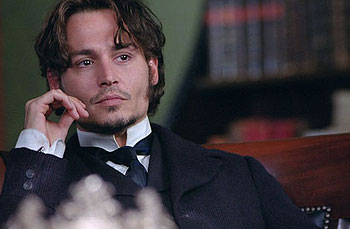
An adaptation that's skimming the surface is fine for say, Twilight, but Moore and Eddie Campbell's comic is amazingly complex. From Hell itself is a historiography—not just a history or historical fiction—but a story about how we understand history and fiction, how the lines between what's true and what's made up are constantly blurred. From Hell the comic is about the culmination of everything wrong with Victorian culture, and about the sickness within the whole Western world. From Hell the movie is about Jack the Ripper cutting up ladies and Abberline solving the case.
The film is basically a cop drama set in the 19th century. There's even a carriage chase at the end, and Abberline is kicked off the police force because of his crazy obsession with the case. He doesn't turn in his badge and truncheon, but close enough.
It just seems silly to turn the whole thing into a mystery, when in the comic, we know that *spoiler alert!* William Gull is the murderer from very early on. In the newest edition, dude is on the cover! He's almost the protagonist, or the anti-hero at least, and the story at times serves as a character study of man going totally bananas.
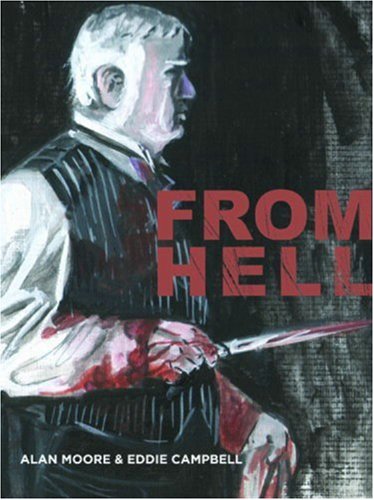
The otherworldly elements that pepper the book are almost entirely left out. You get none of Gull's spooky metaphysical time-traveling or his hallucinations brought on by his stroke. The whole is-it-magic-or-is-he-insane or is-there-really-a-difference thing doesn't come across. The only supernatural element still there is that Johnny Depp's Abberline is psychic, which actually doesn't serve much of a purpose, except that we get to see Johnny Depp tripping out in a bathtub a lot.
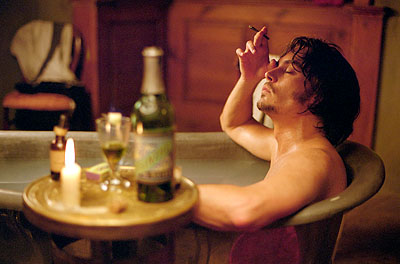
The art direction in this movie is definitely lacking. You can tell they tried, they really tried, oh so hard!
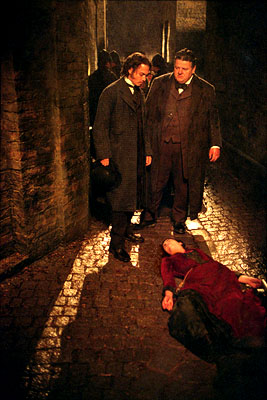
Moore and Campbell's book gave you the feeling of what a gross, awful place Victorian London was, what with the lack of hygiene, rampant alcoholism, unlivable slums, no social systems to support people, etc. The women who were having sex in alley ways, making just enough to survive, really were already in hell.
The film, however, looked like a stage play. I kept expecting Abberline to break into a dance number on the street and sing, "I'll find the Ripper if it kills me! The Ripper's day has come! I'll use my psychic powers! Now where's the opiuuuummmmm!"
The biggest thing that broke the illusion was defintely Heather Graham, with her perfectly sculpted eyebrows, her gleaming white teeth and her perfect skin. Her characters is super whitewashed and totally hotted up. We never, ever see her having awful sex with scary, plague-ridden dudes. She only has hot make-out sessions with Johnny Depp. While the book's Mary Kelly is an alcoholic who is trying to survive when she knows she's on a serial killer's to do list, Heather Graham is basically just a one-dimensional love interest. At best, Mary Kelly is Abberline's buddy cop sidekick, hot on the trail of the Ripper!

Johnny Depp was fine. Whatever. And the rest of the cast was pretty good, especially, Jason Flemyng, and the fat guy who announces the news in Rome. Oh Robbie Coletrane was in there too, although I can't think of him as anyone but Hagrid now, so that was a little distracting. "'Appy 11th birthday! Yer a wizard, Inspector Abberline! Blimey, that's why ya 'ave dreams about murdered women! There a be more a that at 'Ogwarts!"
The thing is, I don't know how this book could be adapted properly. Maybe our old standard request as comic fans— an HBO series? I'm not even sure that would work. Moore knows the score, Hollywood. Maybe you should leave his books alone. Except Lost Girls. I think we'd all watch that one.
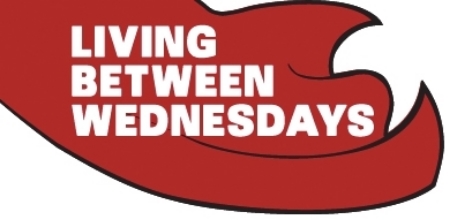

 The Interrobang
The Interrobang
 The Acclamation Point
The Acclamation Point The Authority Point
The Authority Point
 The Certitude Point
The Certitude Point The Doubt Point
The Doubt Point The Indignation Point
The Indignation Point The Irony Mark
The Irony Mark
 The Love Point
The Love Point







